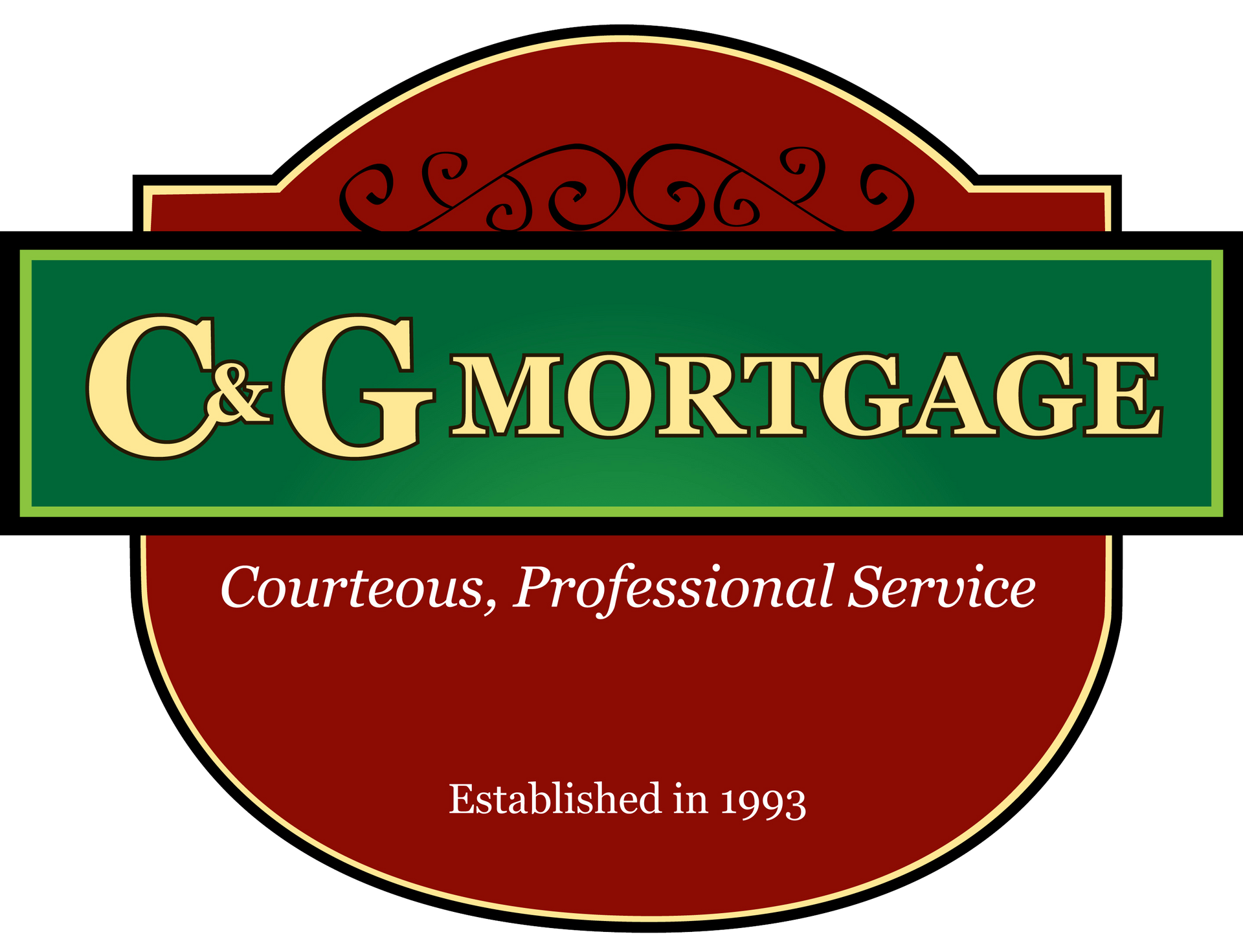Frequently Asked Mortgage and Loan Questions
Boost Your Credit Score for Better Loans
Your credit score plays a pivotal role in your ability to secure loans, especially for significant investments like real estate. Even government-backed lenders like FHA and VA have minimum credit score requirements.
-
When is the Right Time to Refinance?
Refinancing becomes attractive when mortgage rates are at least 2% lower than your current rate. Even a 1% difference can make refinancing worthwhile, reducing your monthly payments and saving you money in the long run. The savings depend on your income, budget, loan amount, and interest rate fluctuations. Reach out to your trusted lender for a personalized assessment.
-
What Are Mortgage Points?
Mortgage points pay a percentage of the loan amount upfront, with one point equaling 1% of the loan value. Points are fees you pay to your lender to secure mortgage financing under specific terms. Discount points, for instance, can be delivered to lower your mortgage interest rate. Lenders may express costs in terms of fundamental points, calculated in hundredths of a percent, where 100 basis points equal 1 point or 1% of the loan amount.
-
Should I Pay Points to Reduce My Interest Rate?
Paying discount points to lower your loan's interest rate is a strategic move, especially if you plan to stay in your property for several years. By paying these points upfront, you can decrease your required monthly payment and potentially increase the loan amount you can afford to borrow. However, if your stay is short-term (one or two years), the monthly savings might not offset the cost of upfront points.
-
What is APR (Annual Percentage Rate)?
The Annual Percentage Rate (APR) is an interest rate representing the yearly cost of a mortgage, encompassing various fees such as points and other credit-related expenses. It's typically higher than advertised since it accounts for these additional costs. APR aids homebuyers in comparing different mortgages based on their annual costs. While APR doesn't affect your monthly payments, it ensures transparency in lending practices by preventing lenders from advertising low rates while hiding fees.
-
How Does Credit Scoring Work?
Credit scoring is a tool that creditors use to assess your creditworthiness. It analyzes factors like payment history, types of accounts, late payments, outstanding debt, and account age. Creditors use a statistical program to compare your credit behavior to consumers with similar profiles. FICO scores are commonly used and range from 350 (high risk) to 850 (low risk). To ensure accuracy, you can request a free credit report annually from major credit reporting agencies.
-
How Can I Improve My Credit Score?
Improving your credit score involves paying bills on time, reducing outstanding balances, and avoiding new debt. The factors influencing your score may vary depending on the credit scoring model. To raise your credit score, concentrate on maintaining timely payments, reducing balances, and being cautious about new credit applications. It may take some time to see significant improvements.
-
What is a Property Appraisal?
An appraisal assesses a property's fair market value, ensuring that the mortgage loan amount does not exceed the property's value. This evaluation, typically involving a state-licensed appraiser, considers the property's features, location, amenities, and condition to provide a professional opinion on its value.
-
What is Private Mortgage Insurance (PMI)?
Private Mortgage Insurance (PMI) safeguards lenders when down payments are less than 20% of the home's purchase price. It's a requirement on conventional mortgages when you don't meet the 20% threshold. While it can add to upfront costs, making a 20% down payment or exploring other loan programs can help you avoid PMI.
-
What is 80-10-10 Financing?
80-10-10 financing caters to individuals who can't make a 20% down payment but have a higher income. It involves an 80% first mortgage, a 10% second mortgage, and a 10% cash-down settlement. This financing method eliminates the need for PMI, but expect higher loan fees and interest rates for the 80-15-5 option with a 5% down payment.
-
What Happens at Closing?
Property ownership officially transfers from the seller to you at the closing or funding stage. This process may include real estate agents, attorneys, and other professionals. Closing duration varies depending on contingencies in the purchase offer and escrow accounts. Professionals handle most paperwork, and you may not need to attend. A final inspection ensures property conditions and agreed-upon items are met. Typically, a title or escrow company holds the settlement, distributes funds, and hands keys to the new owner.
Do you have another mortgage question? Call our knowledgeable mortgage team at 937-264-9150 today.
